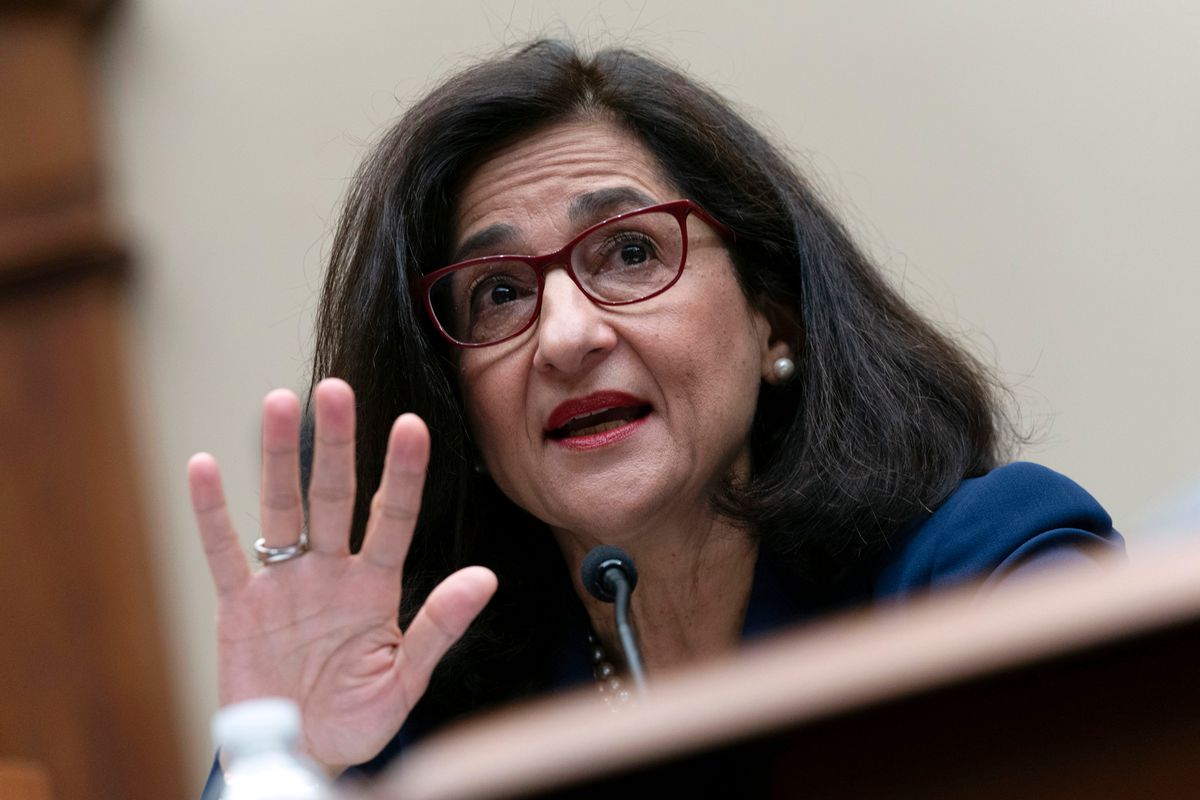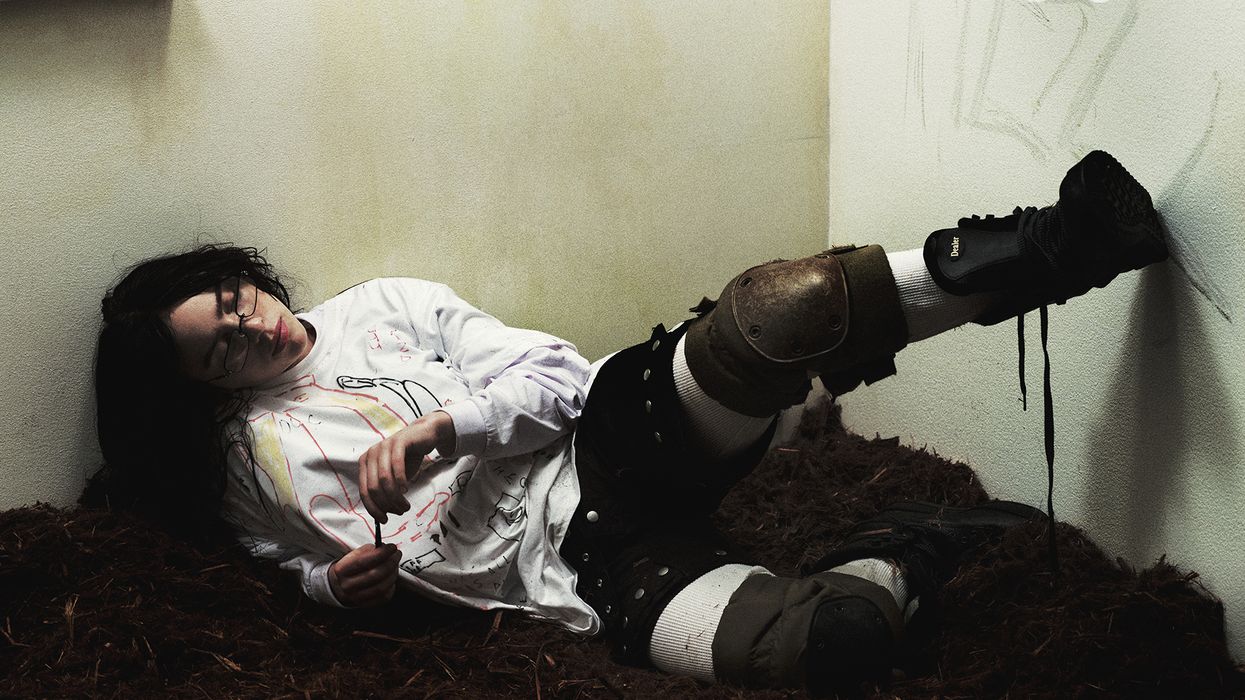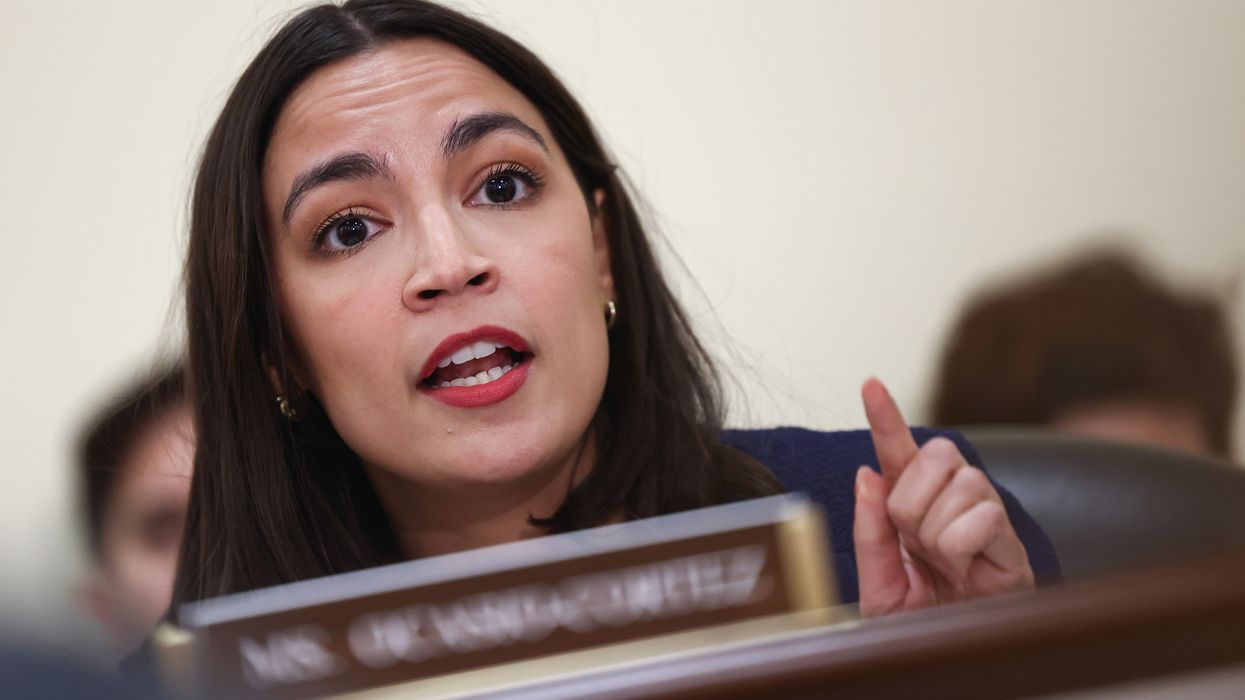As students across the country prepare for their return to classes, Columbia University President Minouche Shafik has resigned from her position as head of the university. The move comes after a firestorm of criticism of Shafik’s handling of student protests against the ongoing war in Gaza earlier this summer.
Shafik is the third president of a major university to resign in the wake of protests against the war in Gaza, following Harvard President Claudine Gay and the University of Pennsylvania’s Liz Magill.
“This period has taken a considerable toll on my family, as it has for others in our community,” Shafik wrote in a statement announcing her departure. “Over the summer, I have been able to reflect and have decided that my moving on at this point would best enable Columbia to traverse the challenges ahead. I am making this announcement now so that new leadership can be in place before the new term begins.”
In April, Shafik found herself at the center of a global media firestorm over her handling of a student encampment established at Columbia’s campus demanding the school “divest” from Israeli and American military investments. The protests at Columbia became a template for a nationwide student movement opposing the ongoing siege against Palestinians in Gaza.
Despite the protesters’ nonviolent occupation of the space, Shafik authorized the New York Police Department to enter the university grounds and forcibly clear the encampment — a decision that a Columbia University president had not taken since 1968’s anti-Vietnam War demonstrations. The violent crackdown reflected a nationwide pattern of excessive force by law enforcement against student protesters.
Shafik’s decision to sic law enforcement on students did little to quell the criticism against her — especially by Republicans who demanded an even more forceful crackdown against what they described as inherently antisemitic protests.
On Wednesday, House Speaker Mike Johnson (R-La.) wrote that he “stood in President Shafik’s office in April and told her to resign, and while it is long overdue, we welcome today’s news. Jewish students at Columbia beginning this school year should breathe a sigh of relief.”
“We hope that President Shafik’s resignation serves as an example to university administrators across the country that tolerating or protecting antisemites is unacceptable and will have consequences,” he added.
Republican Conference Chair Elise Stefanik (R-N.Y.) celebrated the news on X, formerly Twitter. “THREE DOWN, so many to go,” she wrote. “After failing to protect Jewish students and negotiating with pro-Hamas terrorists, this forced resignation is long overdue. We will continue to demand moral clarity, condemnation of antisemitism, protection of Jewish students and faculty, and stronger leadership from American higher education institutions.”
Rep. Ritchie Torres (D-N.Y.) described Columbia as “ground zero for campus antisemitism in NYC.”
“I hope the new leadership will summon the moral clarity and the moral courage to confront the deep rot of antisemitism at Columbia’s core,” he wrote on Wednesday.
But as universities across the country prepare for students to return, the war in Gaza rages on. Protests against the United States’ military support for Israel continue to dog President Joe Biden and Vice President Kamala Harris, and are expected to be a defining force of opposition at next week’s Democratic National Convention.
On Wednesday, Columbia Students for Justice in Palestine wrote that “after months of chanting ‘Minouche Shafik you can’t hide’ she finally got the memo.”
“To be clear, any future president who does not pay heed to the Columbia student body’s overwhelming demand for divestment will end up exactly as President Shafik did,” the group added.














 Catering Presented By The Food DudesPhoto by Snapdrg0n
Catering Presented By The Food DudesPhoto by Snapdrg0n Catering Presented By The Food DudesPhoto by Snapdrg0n
Catering Presented By The Food DudesPhoto by Snapdrg0n Catering Presented By The Food DudesPhoto by Snapdrg0n
Catering Presented By The Food DudesPhoto by Snapdrg0n
 Photographer: Raphaëlle Sohier / Executive production: Elizabeth Crisante & Amanda Dorenberg / Design: Alex Filipas / Post-production: Bryan Egan/ Headpiece: Tristan Réhel
Photographer: Raphaëlle Sohier / Executive production: Elizabeth Crisante & Amanda Dorenberg / Design: Alex Filipas / Post-production: Bryan Egan/ Headpiece: Tristan Réhel Photo: Raphaëlle Sohier
Photo: Raphaëlle Sohier Photo: Raphaëlle Sohier/ Photo production: Bryan Egan/ Blazer:
Photo: Raphaëlle Sohier/ Photo production: Bryan Egan/ Blazer:  Photo: Raphaëlle Sohier/ Blazer: Vivienne Westwood/ Skirt :
Photo: Raphaëlle Sohier/ Blazer: Vivienne Westwood/ Skirt : 

